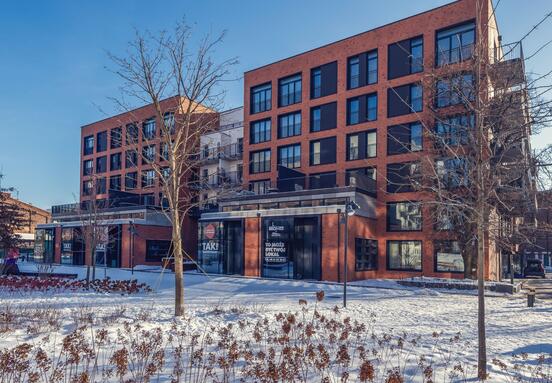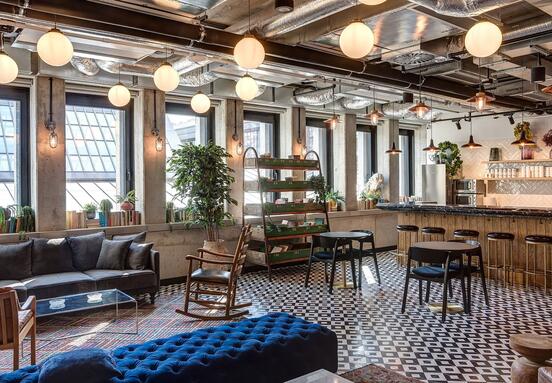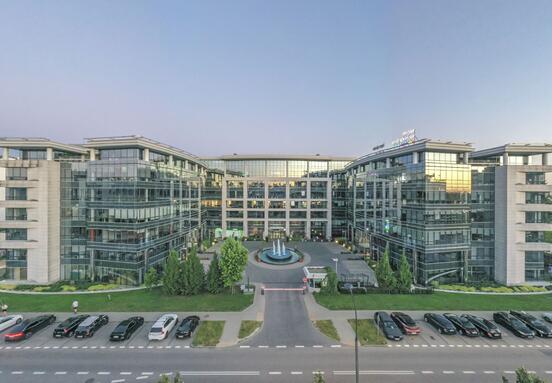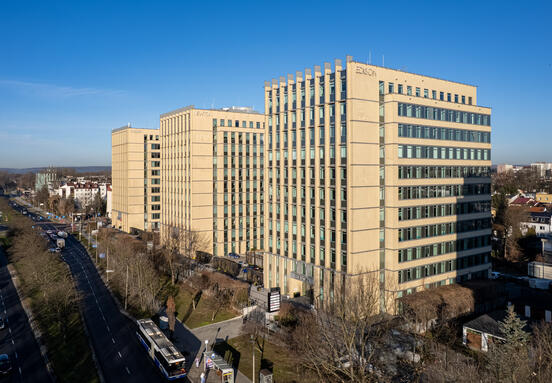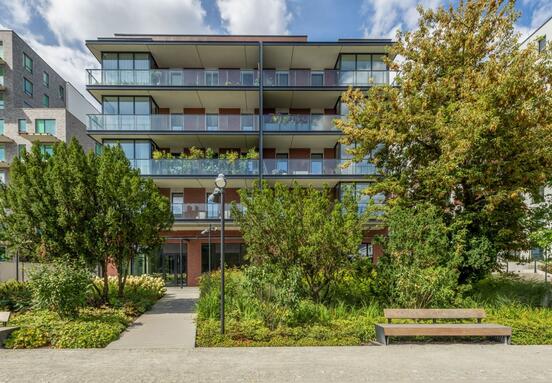According to Walter Herz experts, changes on the Polish office market indicate that business is returning to work in traditional offices. Few entities think about maintaining remote work. They are dominated by companies from the broadly understood new technology sector.
Some employers decided in spring to return to the standard form of work, at least to a limited extent. Many companies are now implementing this process. And those who have yet to come out of the home office already have a roadmap drawn up for the transition to offices and intend to roll it out in the coming weeks and months. The way in which the changes are introduced is noteworthy. In general, they are applied gradually, after consultation with teams, which mostly affect the pace and the mode of their introduction - informs Mateusz Strzelecki, head of Tenant Representation / Partner at Walter Herz.
Employers assume that gradual limitation of remote work is the best course of action for the company. Isolation is not conducive to the integration of people, it does not create space for developing creative solutions and exchanging experiences. Global trends related to the spread of remote work made it possible to verify the effectiveness of such a work system and redefine team cooperation.
It is already known that this is not the optimal style of work, especially for companies whose development is based on the exchange of ideas in project teams. It hampers the transfer of knowledge and building relationships and organizational culture, which are fundamental for business, says Magda Zagrodnik, head of HR & Business Partner at Walter Herz.
Magda Zagrodnik notes that employers today face a considerable challenge. They have to reconcile the business needs of working in the office with the expectations of employees who generally do not want to return to the fully stationary model. A large part still prefer to use flexible forms of work. The introduction of a hybrid system therefore requires a lot of tact from companies.
Employers have a difficult job. Employees have become more independent, aware of work-life balance. They have developed flexibility, but also the ability to clearly define their expectations. This means that any attempts to forcefully impose a change in the organization of work may now backfire. Most of the candidates declare that they are more likely to find employment in a company that allows any choice of work mode. Therefore, a skilful way of managing the change process, increasing the comfort of working in the office and showing employees the benefits of live teamwork can have a positive impact on them and encourage them to return to their offices - says Magda Zagrodnik.
After more than two years, employees have gotten used to working from home and getting them out of their comfort zones is another shock for some, similar to the one they experienced at the beginning of the pandemic.
For many people, returning to offices is a huge change and it is even more worth encouraging them, not forcing them to do so. Our clients, companies that have successfully completed the process of returning to their offices, have prepared for it. They adapted their office spaces to new needs, invested in HR, motivational and support activities. They created comfortable working conditions that employees do not have at home - adds Magda Zagrodnik.
Magda Zagrodnik believes that home office makes it difficult to keep a balance between work and private life. Above all, however, it inhibits the personal development of employees, the rapid exchange of information, establishing relationships between people, blocks the integration cycle in the company, as well as identification with the brand, and increases turnover.
Looking at the inquiries we have recently received and the lease transactions concluded, we can see that even entities from the IT sector are starting to return to their offices. Their employees also need support and motivation and the strengthening of the sense of belonging to the team that the hybrid gives them. Our clients prepare extensive benefit packages, which they try to encourage to stationary work - informs Mateusz Strzelecki.
Companies now focus on cozy, home arrangements in offices, they care about the quality of equipment, modern technologies and greenery. They introduce HR projects for integration to create a pleasant atmosphere. There is more space to work in silence in offices, which was missing in open spaces. Employers invest in modern technologies so that the team can comfortably conduct video calls with clients or employees from other departments. They also create extensive kitchen and event areas as well as relaxation zones, where you can relax, e.g. using massage chairs, hammocks, treadmills and stationary bikes.

